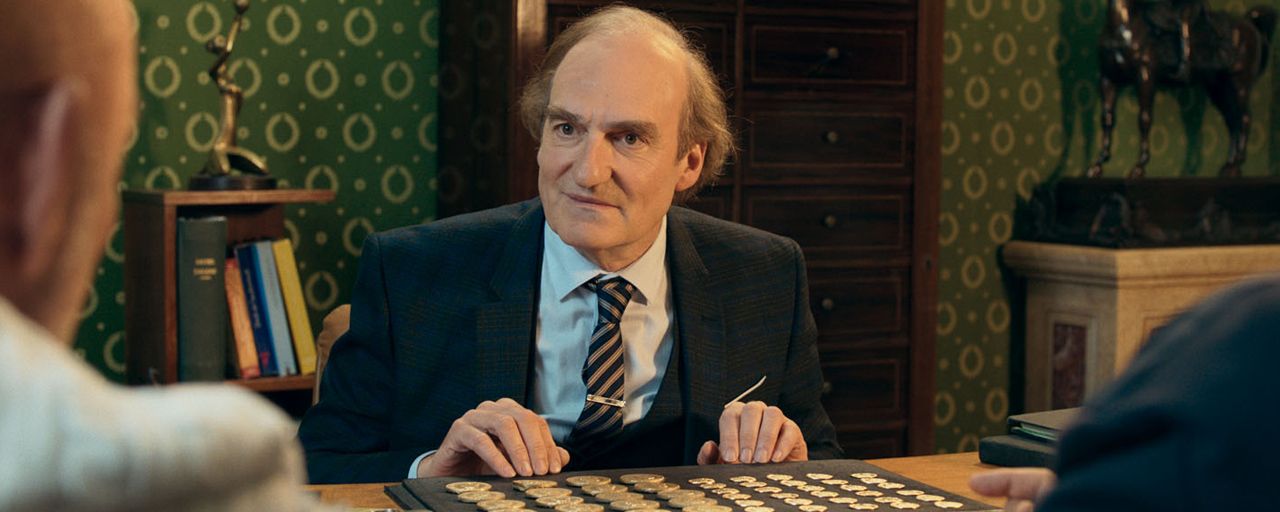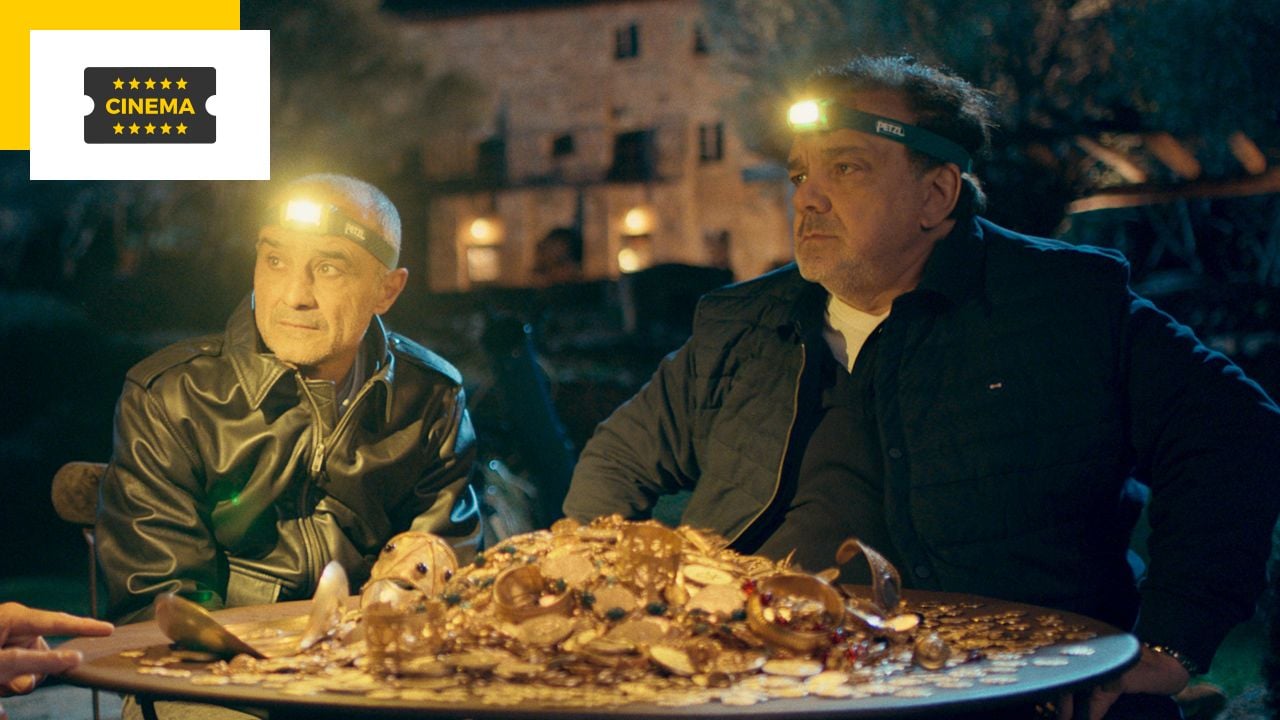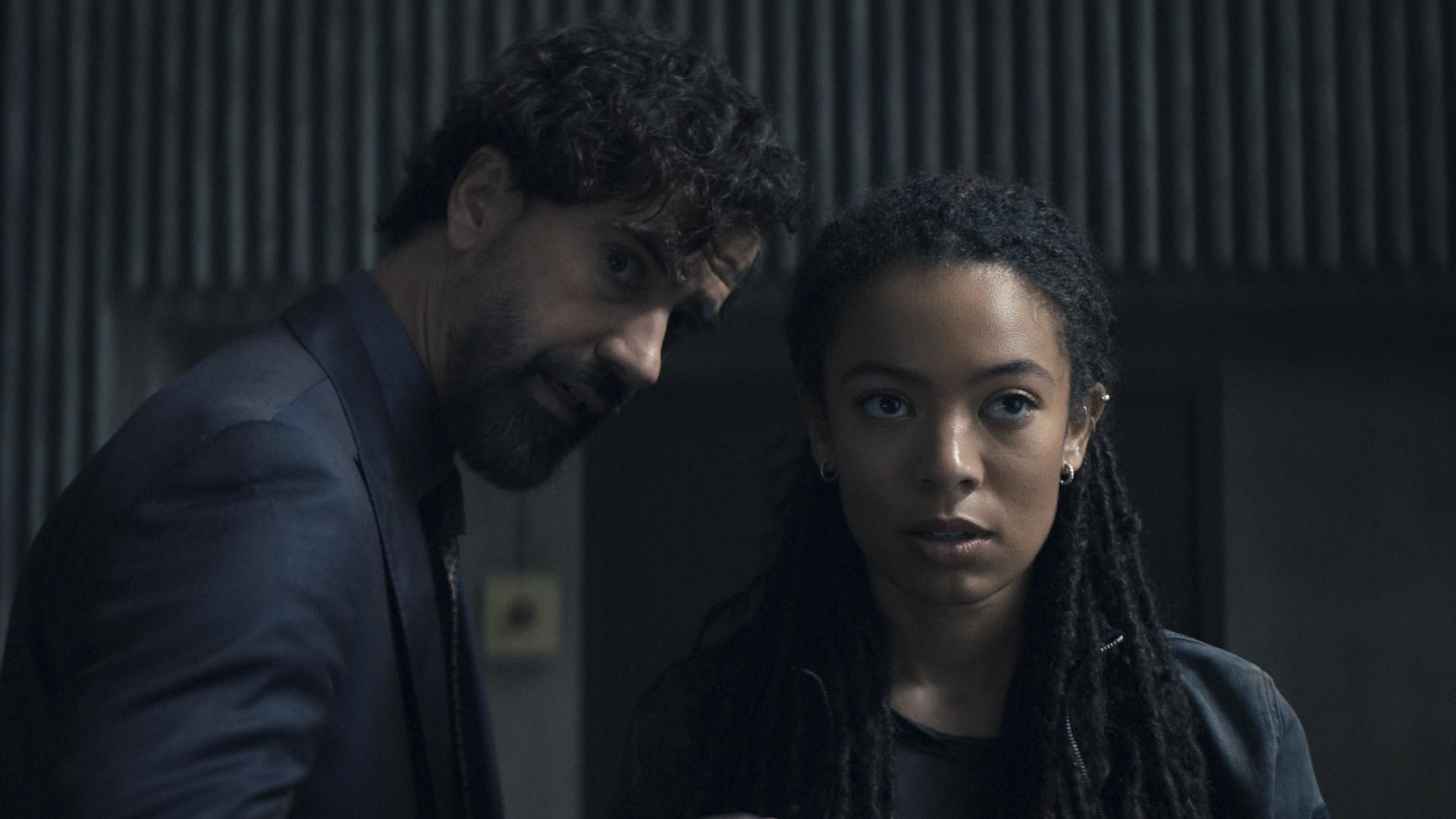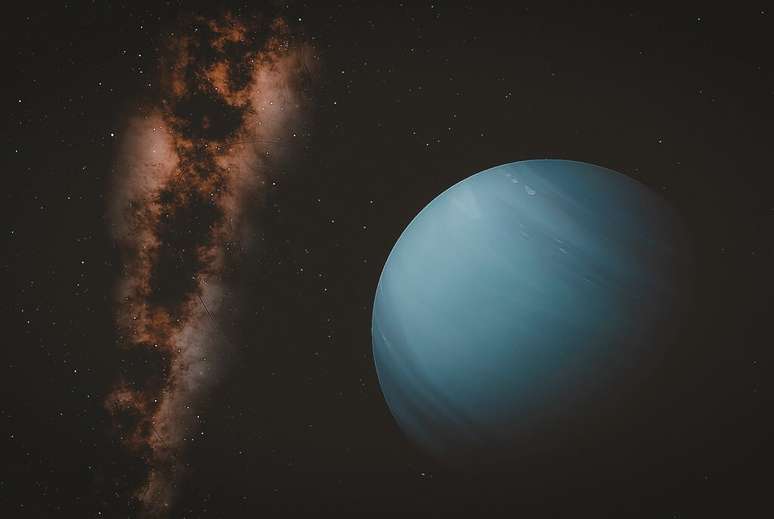After building permits and Le Clan, Eric Fraticelli returns with Priceless. The story of three friends who discover… a priceless treasure. The film is inspired by the true story of Felix Biancamaria, who published the story “Lava treasure, Roman gold rush among Corsican diversPosted by Albin Michel.
The director chose to tell this story in the prism of comedy and romanticize it. Here we invite you to learn the incredible true story of the discovery of a lava treasure valued at more than 10 million euros.
On the day of the film’s release, AlloCiné met Felix Biancamaria, a real treasure finder.
What is Lava Treasure?
The Lava Hoard is one of the largest 3rd century treasures ever discovered. The latter consists of about 600 gold coins, jewelry and various gold items, including a dish. Estimated at 10 million euros, the peculiarity of this treasure lies in the fact that the pieces found were completely unknown.
These are Roman coins minted in the names of the emperors Gallienus, Aurelian, Quintilus, and Claudius II the Goth, who reigned only from September 268 until their deaths in August 270. Therefore, very few coins of his image were circulated.
Felix Biancamaria tells us on this subject: “The Lava hoard consists of 3rd century Roman coins, which are extremely rare as they are the only examples of coins found from this period. There are four or five different emperors who did not reign long. That is why it gives them value. There were jewels, some coins and the famous golden dish“.
priceless
A miraculous catch
In September 1985, Felix Biancamaria, his brother Ange and their friend Mark Cotton went sea urchin fishing in Lava Golf Bay, north of Ajaccio. Instead they find 3 gold coins…
“But in 1985, we didn’t know we had found a treasure yet. Because of the hurricane, we have to wait until early 1986 to go back. At first we found three pieces. We didn’t know. Exactly what it was. It wasn’t until December that we realized it was truly a treasure.– says Felix Biancamaria on our microphone.
In the following months, three men combed the bottom of the bay and brought up the famous treasure. So the latter go to Paris to have the coins graded by a numismatist, who immediately buys them for cash. 3 people then lead a good life. Felix Biancamaria also admits that he bought a car and expensive watches by selling the first parts.

priceless
But in 1986, a public auction announced the sale of pieces with the image of Emperor Gallienus. A Corsican newspaper publishes an article condemning the looting of archaeological treasures. The sale is then canceled and a judicial investigation begins. Because the law on the discovery of treasure is clear: if the treasure was originally on dry land, the finder is entitled to 50% of its value. But if it is found at sea, and more precisely in the ruins, it belongs to the state in its entirety
In 1994, the Biancamaria brothers were sentenced to eighteen months in prison and fined for embezzlement and concealment of marine debris.
Except… this treasure was not found in the ruins.
The Tendron Law of 1961 establishes the legal framework for the management and protection of marine debris in France. Thus, it states that “wrecks found in French territorial waters are considered the property of the French state.” “If a wreck is discovered by accident, the finder must immediately notify the competent authorities and the authorization procedure can be initiated.”
Then Felix Biancamaria explains:Under Act 61, I could not be convicted because I had been convicted of harbor hijacking. But there were no ruins, so they could not be condemned. That’s why the state changed the word in the text and in this way I can be punished.”

priceless
Conviction under the latter admitting that he had not paid the fine. “I was sentenced to 18 months probation. They gave me the minimum punishment because they were at least a little embarrassed. I went to appeal and was sentenced again.”
A new trial is scheduled for January 2024
This story could have ended… but in January 2024, a new trial will be held regarding a specific object from the hoard. The famous golden dish, which we mentioned at the beginning of the article, was kept by Felix Biancamaria.
On October 21, 2010, he was arrested when he got off the train from Brussels with a priceless meal in his luggage. He is accused of “unauthorized storage and transportation of maritime cultural objects”. His lawyers say there is no proof that the dish is a seafood product.
The trial will be held on January 29 and 30, 2024. At the same time, the dish is stored in the safe of the Department of Underwater and Underwater Archaeological Research in Marseille, which is under the Ministry of Culture.
priceless It’s currently in theaters.
Source: Allocine
Rose James is a Gossipify movie and series reviewer known for her in-depth analysis and unique perspective on the latest releases. With a background in film studies, she provides engaging and informative reviews, and keeps readers up to date with industry trends and emerging talents.






